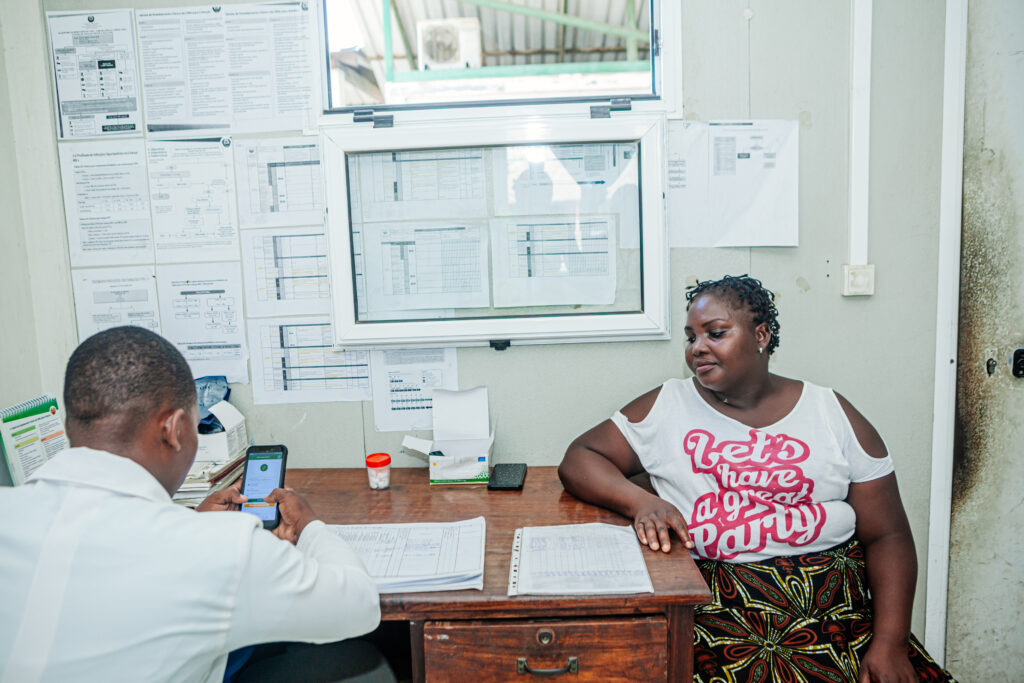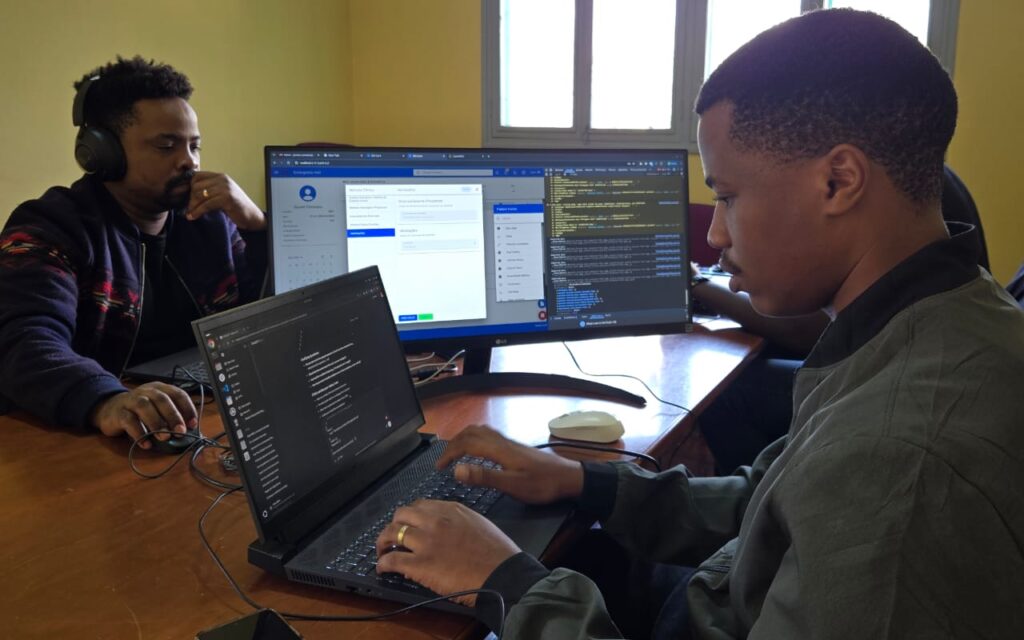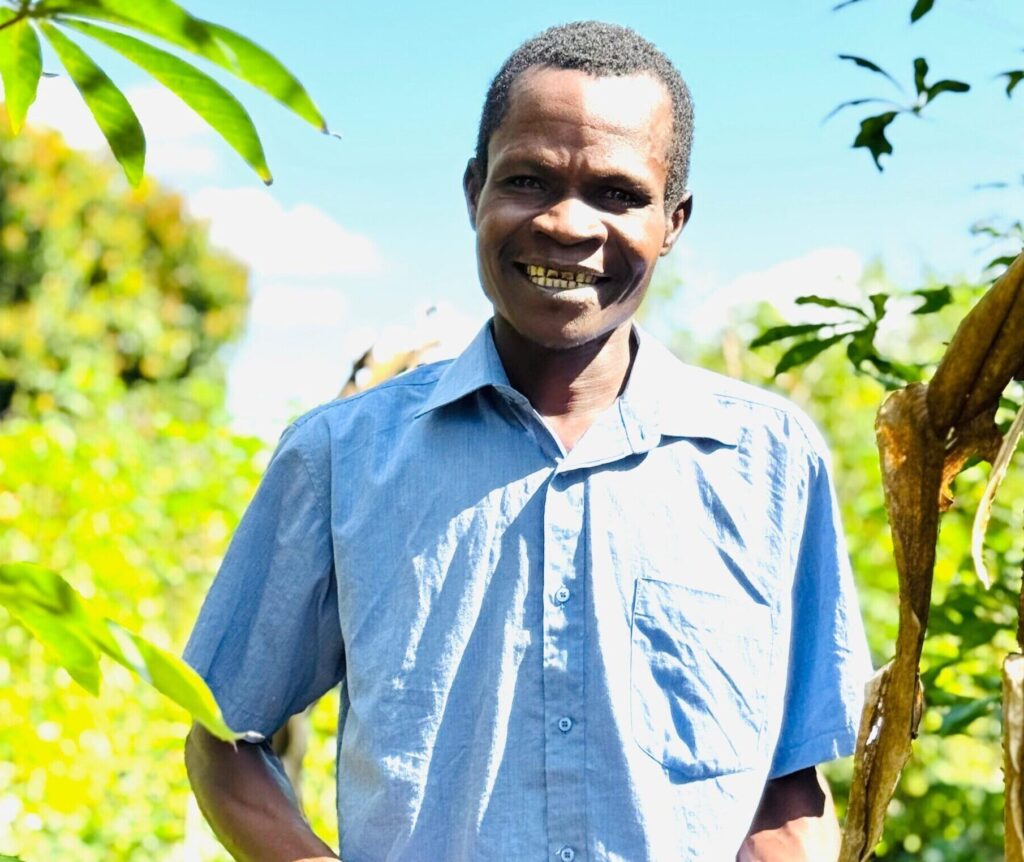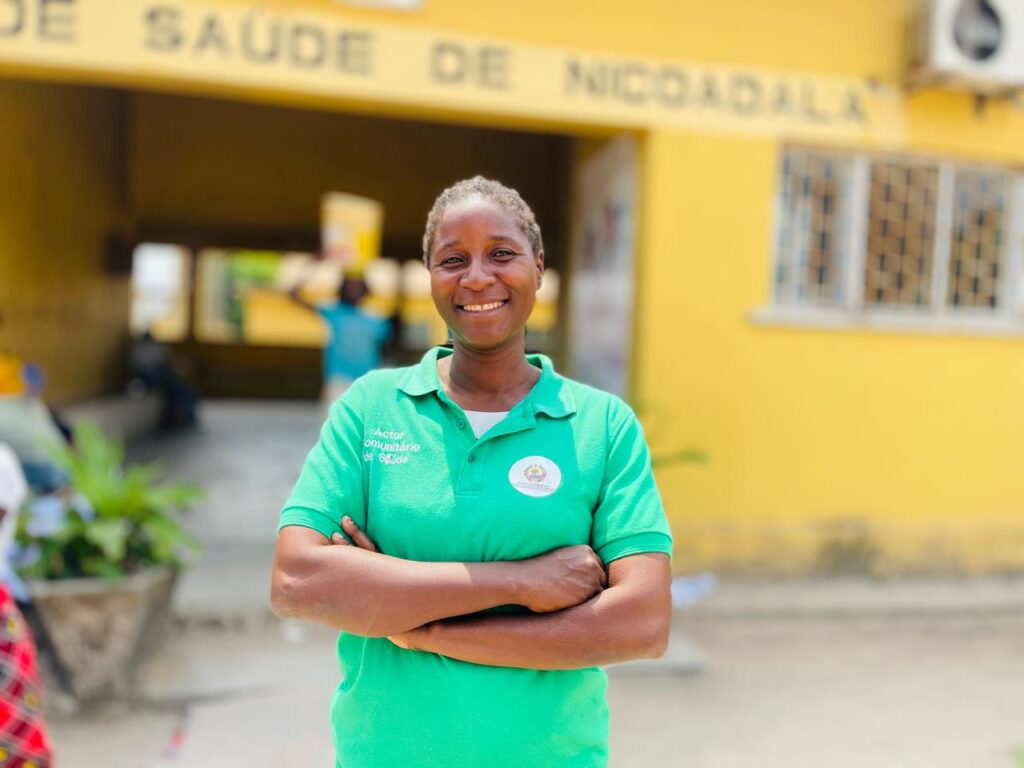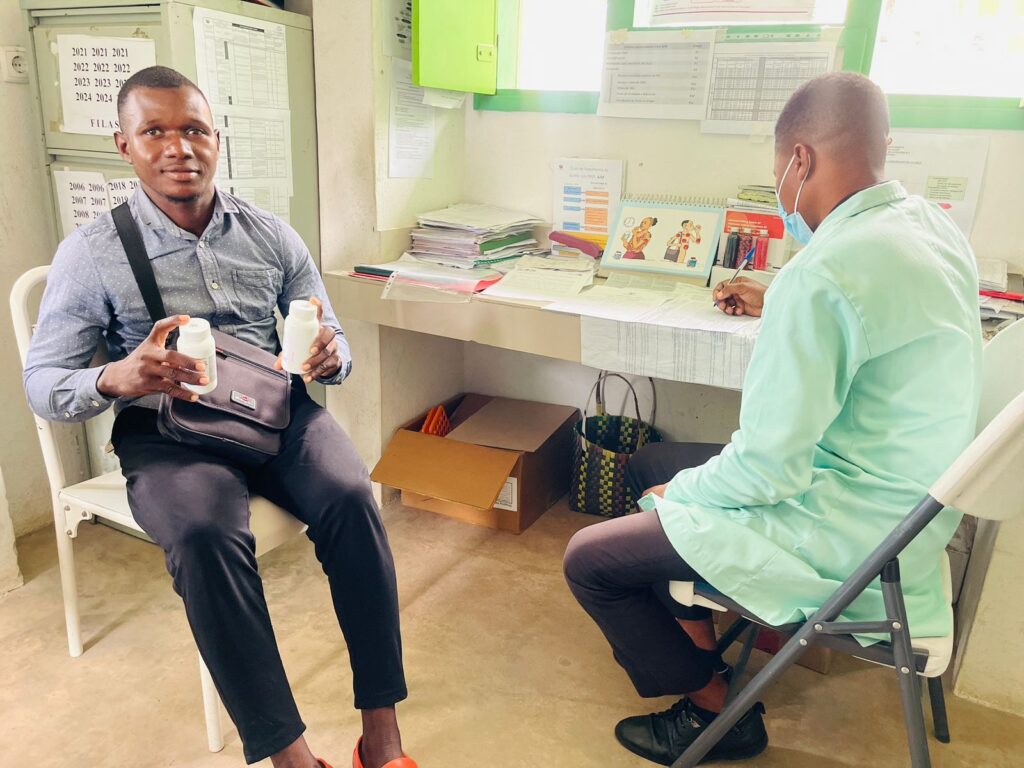100 health facilities now offer six-month ART dispensation in Zambézia
A major milestone reached in 2025, transforming care for stable ART patients In the past, during rainy seasons like the one we are experiencing now, Ruquina Cunfersso would go days, weeks, or even months without being able to collect the medicines that allow her to live a healthy, active life and care for her two children. Today, six-month antiretroviral therapy (ART) dispensation at 100 health facilities in Zambézia has transformed treatment access for stable patients, like Ruquina, especially when roads flood and families are busiest with farm work. Ruquina learned that she was living with HIV in 2009, after seeking care because she felt unwell. The diagnosis was difficult to accept—made even harder when her late husband refused treatment. She stayed in care because she wanted to remain healthy for her children—and to keep working to provide for them. During the rainy season, however, which coincided with the most intensive period of work on her field, it was very difficult to get to the nearest health facility of Macuse, located about 20 kilometers away from her plot. As a result, she experienced long interruptions in treatment, causing her viral load to fluctuate and weaken her overall health. Photo: Ruquina Cunfersso receives her medication for the next six months from Clinical Officer Cremilde Macuelia at Macuse Health Center, one of the 100 health facilities in Zambézia offering this life-changing treatment option with support from C-Saúde. Photographer: Solina Ribeiro A 40-years old farmer and seller of chilled water and fried snacks, Ruquina enrolled in the six-month ART dispensation model in October 2025 and no longer worries that access roads to the health facility will be cut off by the rains, which in Zambézia typically last from October to March each year. Six-month ART distribution reduces the time spent traveling and waiting in queues (and therefore productive time lost), in addition to transportation costs. The benefits of dispensing antiretroviral medicines twice a year (rather than monthly or quarterly) extend to providers and health facilities as well, reflected in more effective management of time and other resources (including pharmacy stock), more human-centered care, and retention on ART, ultimately reducing the national health system’s dependence on external funding. Crimilde Macuelia, a Clinical Officer, explains that with the introduction of six-month ART distribution, “very important changes have been observed in the functioning of Macuse Health Center.” Among the most impactful changes, Crimilde highlights a significant reduction in long queues, improved patient follow-up, and an increase in the number of patients retained in HIV care and treatment. “When queues are reduced, counselling improves,” she adds, “and follow-up becomes more targeted.” As a recipient of these services, Ruquina confirms: “Six-month ART dispensation has brought many improvements to my health and much greater peace of mind. I can now organize my family life, my farm work, and my business without the pressure of having to go to the health facility every month,” she says. With stable access to medication, Ruquina now feels strong, healthy, and “very beautiful”.Ruquina is one of more than 127,000 people living with HIV who were active on ART and enrolled in six-month ART distribution at one of the 100 health facilities across Zambézia that offer this delivery model. C-Saúde, with funding from the United States Government, supported the provincial health services to expand six-month ART distribution through financial and technical inputs for facility readiness assessments, training and mentoring of 557 providers, and ongoing support for antiretroviral drug management within pharmacies. This success story is made possible by the generous support of the United States Government.


